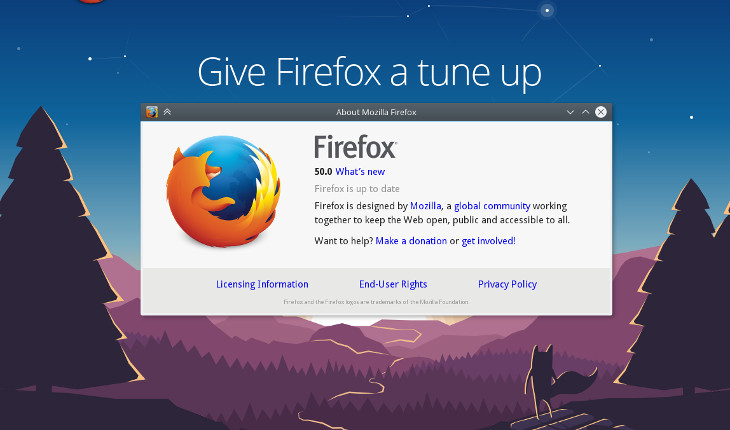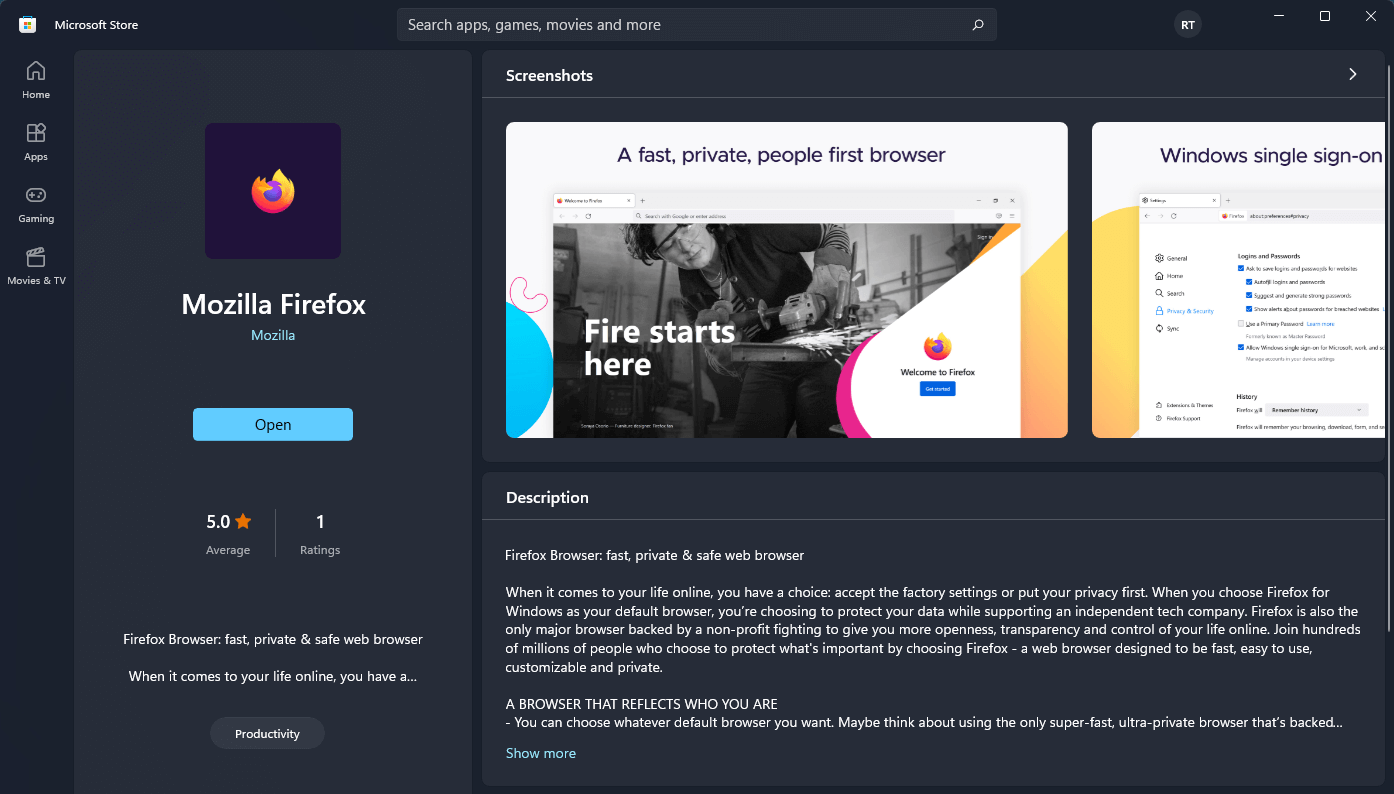

The second thing to consider is what the browser itself does with your data.

These third-party tools allow ad-tech companies to build a profile on you, and “personalize” their ads so they’re more likely to catch your attention. While the content on the page is likely first-party, the ads come from someplace else. “Third-party” simply means a company, a piece of code, or something else that’s not hosted directly on the website you’re viewing. Specifically, the third-party cookies and trackers that power targeted ads. The first is how well your browser protects you from third-parties. In general, there are two main things to consider when picking a browser.

That makes privacy-first browsers one of the most effective ways of blocking Big Tech’s online surveillance. Most often, you access websites through a web browser (mobile apps being one notable exception). In this article, we’ll answer that question. But there are so many options to choose from… What’s the best private browser? Today, more and more people are turning to private browsers to block this annoying-and invasive-fact of the modern Web. If that makes you uncomfortable, you’re not alone. Ever been browsing the Internet, seen some random ad, then had ads for that same thing follow you to other sites? Of course you have-the Big Tech economy is based on watching and tracking your browsing habits so it can sell highly targeted ad space.


 0 kommentar(er)
0 kommentar(er)
